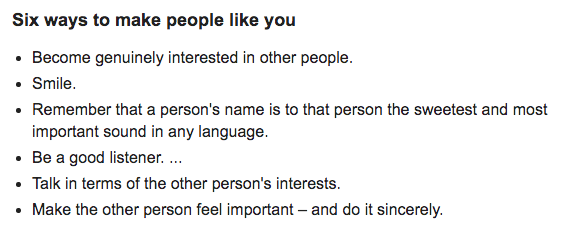High school is a challenging time. Teenagers find ways to bend the rules and slack off. They are rebellious and homework is the last thing on their mind.
These students are bright and full of promise. Yet they are also in a dangerous and vulnerable position. They need help.
They need someone who sees the promise within them. Our High School Tutoring Program was created to see that potential.
It was designed to motivate, arouse curiosity, build confidence, and boost grades. Curiosity is the key to success. Have you ever noticed how studying goes when you aren’t interested in something?
Then how about when you’re absorbed in it? In the latter, you flow with it. You get in the zone. Learning becomes effortless and easy. You become instantly more curious, motivated, and focused.
Curiosity, motivation, and focus can all be cultivated and developed through great tutoring programs. At Tutor Portland, we use the following strategies to instill curiosity, motivation, and focus in the students & learners of our High School Tutoring Programs. We have also extensively documented our high school private mathematics curriculum.












